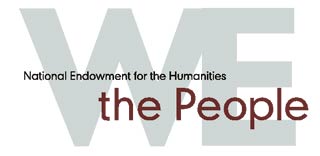Declaration of Independence [manuscript copy] handwritten copy by John Adams, before 28 June 1776

32.5 cm x 20 cm
From the Adams Family Papers
Online display of manuscript and transcription.
A Clean Copy
Supported by instructions from the colonial assemblies, Congress finally establishes a committee for the writing of a declaration of independence, composed of Thomas Jefferson, John Adams, Roger Sherman, R. R. Livingston, and Benjamin Franklin. The committee meets in June to discuss the outline for the official declaration of independence. Though the members keep no official minutes of their discussions, Adams does copy out one of the drafts of the declaration, possibly for his own reference, or possibly to send to his wife Abigail.
Questions to Consider
1. Does this look like a first draft or a final draft? Why?
2. Examine the first two paragraphs of Adams' version here with Jefferson's manuscript version. How are they different?
3. Do you find the language clearer in this draft or Jefferson's manuscript? Why? (There is no right answer!)
4. Rewrite the first two paragraphs of the Declaration. Keeping the same essential ideas, how would you choose to express them?
Further Exploration
5. Research Adams' writings about the Declaration of Independence. Why does he say he persuaded Jefferson to be the one to write the Declaration?
Funding from the Massachusetts Society of the Cincinnati supported enhancements to this website.



